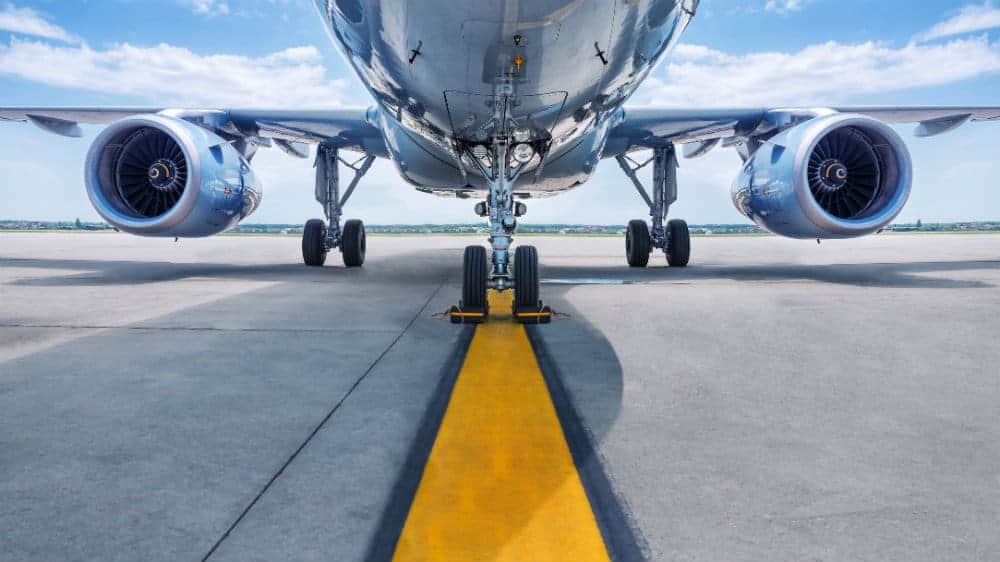The airline industry has been battered by the Covid-19 pandemic. For a long period in 2020 and 2021, the skies were largely silent. With the milder Omicron variant, however, more and more countries are deciding to open their borders. These changes may abolish pandemic-related measures altogether.
I think this could be good news for airlines. I’m now looking at two giants of the sector, International Consolidated Airlines Group (LSE:IAG) and easyJet (LSE:EZJ), to see which share price is more attractive. Let’s take a closer look.
The IAG share price – an attractive proposition?
IAG owns a number of famous brands including British Airways and Aer Lingus. Since 7 March 2022, when the war in Ukraine hit the market hardest, it has rebounded 28%. It currently trades at 150.5p, down 28.74% in the past year.
On 24 March 2022, Deutsche Bank downgraded IAG. This was primarily due to the future risks of cost inflation and surging oil prices.
If oil prices continue to rise, then jet fuel will become more expensive. This will inevitably eat into IAG’s balance sheet. Deutsche Bank lowered its price target from 220p to 155p.
Despite these short-term issues, IAG’s potential success lies in the fact that it is international in scope. It has already benefited from the reopening of the lucrative transatlantic routes in November 2021. Furthermore, it will resume flights to Sydney via Singapore this month.
The UK also abolished all arrival tests on 18 March 2022. Currently, it appears that long-haul international travel is making a strong comeback. IAG expects passenger numbers to be around 85% of 2019 levels in 2022.
The easyJet share price – short-haul recovery?
Airline easyJet is more short-haul focused. Since the depths of the war in Ukraine, on 7 March 2022, the share price has rebounded by 22%. It currently trades at 577.4p, down 34% in the past year.
Deutsche Bank believes that European-focused airlines will be most vulnerable to the events in Ukraine. Indeed, easyJet operates flights to destinations in some proximity to the area, like Romania, Bulgaria, and Hungary.
Any escalation of the conflict could negatively impact these operations.
I have already written about the firm’s impressive results for the three months to 31 December 2021. Specifically, pre-tax losses narrowed to £213m and investment bank Liberum believes that the Easter travel period will be stable.
While the business will likely suffer from the same jet fuel price problems as IAG, easyJet’s package holiday product may provide greater security and convenience to customers who fear more Covid-19 disruption.
Both airlines have high forward price-to-earnings (P/E) ratios and are now seeing jet fuel prices rise. Overall, I think IAG’s global coverage makes it a slightly better option to buy as travel resumes. While I already own shares in this business, I will be buying more soon.








